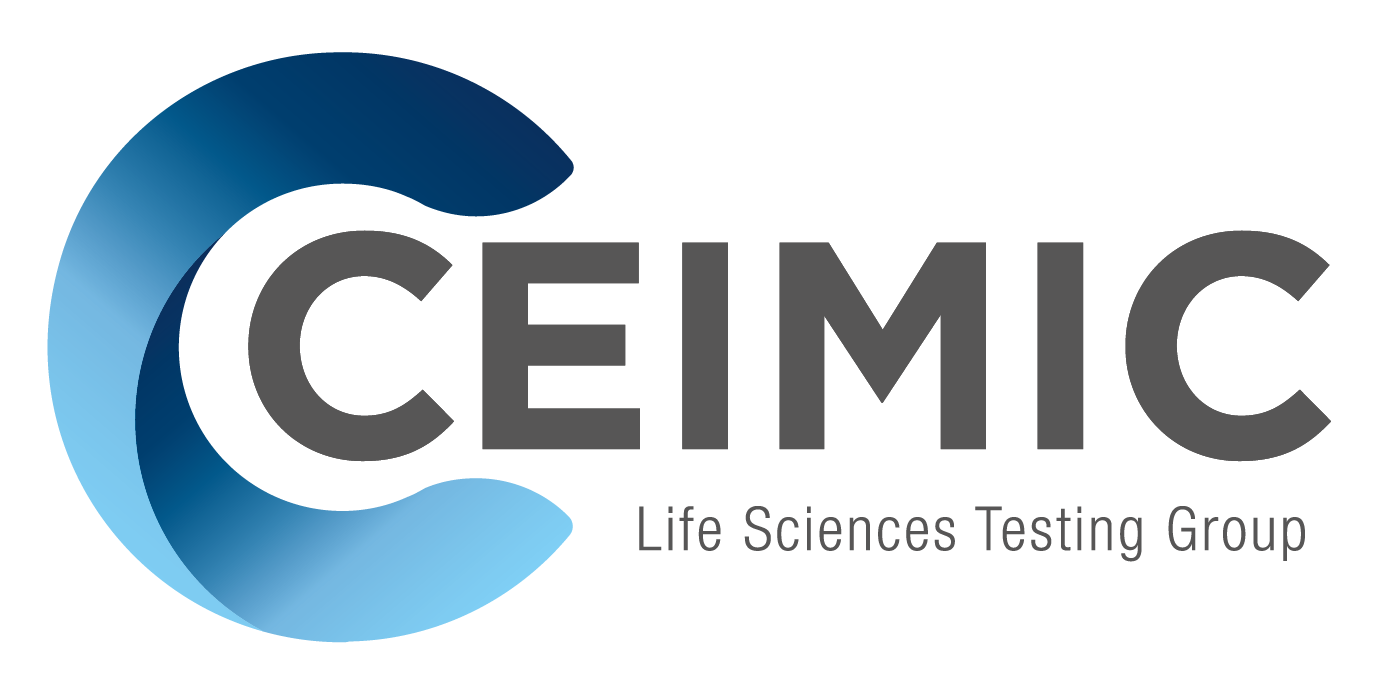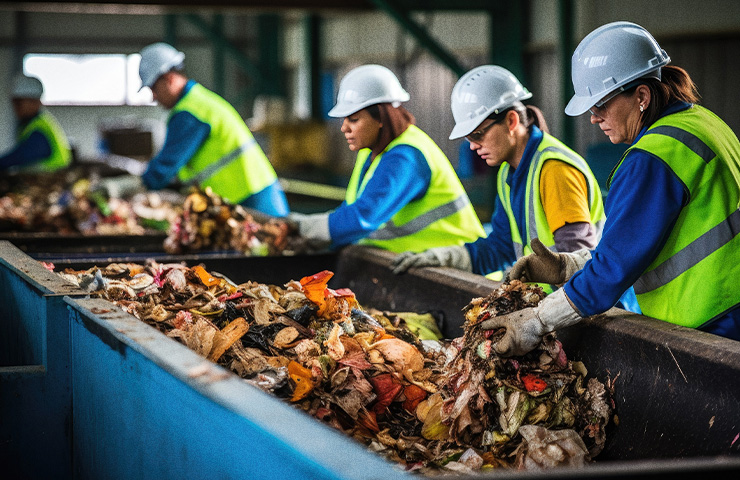NBR 10004 is being revised and is in the public consultation phase. Understand what changes and what to expect from the update.
The Brazilian Association of Technical Standards (ABNT) announced in January of this year that the ABNT NBR 10004 standard, first established in 2004, entered into national consultation.
The standard deals with waste classification, and the revision proposes new criteria and approaches for responsible waste management in Brazil.
This update aims to modernize the standard, incorporating new knowledge and technologies in waste classification, in addition to aligning Brazilian criteria with international best practices.
In today’s article, we will better understand what changes will come with this new version.
NBR 10004: update and impacts on solid waste management
NBR 10004 is a Brazilian technical standard prepared by the Brazilian Association of Technical Standards ( ABNT ) that defines criteria and procedures to identify and categorize different types of waste based on their physical, chemical and biological characteristics.
Main objectives of NBR 10004
1. Waste classification
The standard establishes criteria for classify waste into different categories, such as hazardous (Class I) and non-hazardous (Classes II A and II B).
This classification is based on its properties and potential risks to the environment and human health. This identification is essential to ensure proper and safe waste management, avoiding contamination and other negative environmental impacts.
2. Identification and labeling
NBR 10004 also provides guidelines for the proper identification and labeling of waste, ensuring that it is handled, transported and disposed of in a safe and responsible manner.
Correct labeling is essential to prevent accidents and ensure that all parties involved in the waste management process have the information they need to make informed decisions.
3. Standardization
By standardizing waste classification, the standard facilitates communication between companies, regulatory bodies and professionals in the environmental sector, promoting more efficient and sustainable waste management.
Standardization also helps in the implementation of waste management practices aligned with international best practices, contributing to environmental sustainability.
4. Legal compliance
The standard helps companies comply with legal and regulatory requirements regarding waste management, contributing to compliance with environmental legislation in force in Brazil.
Compliance with NBR 10004 is often required by regulatory bodies and can be a decisive factor in obtaining environmental licenses and carrying out environmental audits.
What to expect from the NBR 10004 update
The update of NBR 10004 is currently in the public consultation phase, allowing experts, companies and society to contribute with suggestions and comments.
This new version will bring a major change to the industry in the Waste Classification process. Some important points of the revision are:
Change in nomenclature:
The waste will be classified as Class 1 – Hazardous waste or Class 2 – Non-Hazardous waste. The solubilization test and the adequacy of the execution and use of leaching will also be eliminated.
Classification process:
The classification process will involve 4 steps:
- Step 1: classification of the waste according to the General Waste List – LGR (list attached to the standard);
- Step 2: assessment of the presence of Persistent Organic Pollutants (POPs) and other substances such as Dioxins, Furans, among others, based on the list of harmonized substances of the European Community. The list of permitted parameters and substances will also provide the maximum permitted values, something that Annex C in the current standard does not present;
- Step 3: assessment of the physical-chemical properties that may make the waste hazardous (as already occurs in the current version);
- Step 4: assessment of residue toxicity (one of the biggest and most complex changes in this version).
Source: Sanitation Bulletin
Classification report/Technical responsibility:
The responsibility for classifying the waste and issuing the respective Waste Classification Report will be held by a technical manager – who does not necessarily have to be the waste generator. The report must contain minimum specific information and the validity period.
The new classification standard also makes clear the duties of the waste generator, who must provide detailed information on the generating sources, types of input, classification, among other relevant information.
Compliance period:
NBR 10004:2024 comes into force on the date of its publication and will include in its text a recommendation for adaptation, the deadline for which will be determined by the regulatory bodies.
Source: Sanitation Bulletin
The importance of public participation in the process
Participation in the public consultation is essential to ensure that the new version of NBR 10004 meets the needs and expectations of the waste management sector.
Input from the public involved in resource management ensures that the standard is practical, applicable and effective in promoting safe and sustainable waste management.
The final publication of the standard is expected soon, promising a crucial advance in waste management in Brazil.
Count on CEIMIC
Count on CEIMIC to guide your company during this transition and ensure compliance with the new requirements of NBR 10004.
Our team of experts is ready to offer technical support and customized solutions for waste management.
Together, we can promote a more sustainable and responsible future.

